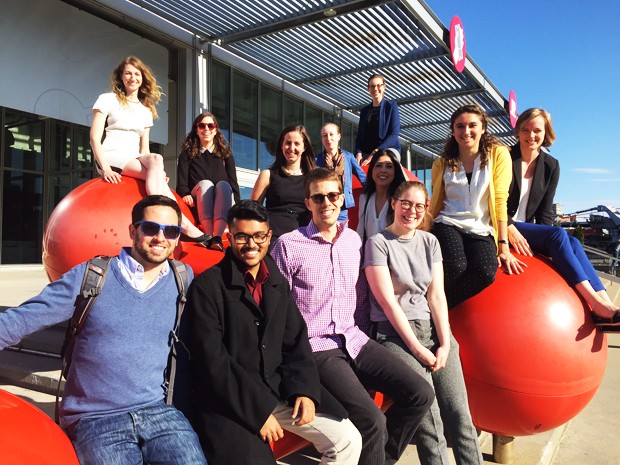Ditch your lab coat for a crash course on science — outside the lab
 Matthew Harsh: Science Outside the Lab – North is ‘an immersive, real-world experience.’
Matthew Harsh: Science Outside the Lab – North is ‘an immersive, real-world experience.’
Do you ever wonder how academic research gets transformed into policy? Or how governments determine their approaches to climate change, genetically-engineered crops and cloning?
This spring, “ENCS 691 - Science Outside the Lab – North” will give graduate students a behind-the-scenes look at the ways governments make decisions about science and technology.
The week-long program, offered by the Centre for Engineering in Society (CES), divides its time between Ottawa and Montreal. Students will meet political staff, funders, lobbyists, regulators, journalists and museum curators who shape how the Canadian public experiences and understands STEM subjects.
The course is led by Matthew Harsh, assistant professor with CES.
“The intersections between science, politics and society are making headlines every day,” he says. “It is more important than ever for scientists and engineers to know how the decisions that affect them are made and to learn how they can make their own work visible.”
More than a lecture series, Harsh says the value of the course is its immersive, real-world experience.
“The policy leaders that students meet don’t bring PowerPoint presentations or repeat party lines, but rather join participants for candid, informative and student-driven conversations.”
Ultimately, the course prepares students to work with those who make decisions about how science and technology benefit Canadians, whether students stay in academia or work in the public or private sector.
Students will improve their communication skills by explaining their research findings in policy terms, writing policy documents and discussing or critiquing policy decisions. Moreover, they get a hands-on experience of policy-making, as opposed to an idealized or theoretical model.
And, they expand their networks, gaining a broader sense of where they can contribute.
Graduate students from any discipline are welcome. There are two sessions of the course available: from April 29 to May 5 and May 6 to 12. Applications are due February 15.
Find out more about “Science Outside the Lab – North,” or email Matthew Harsh.




